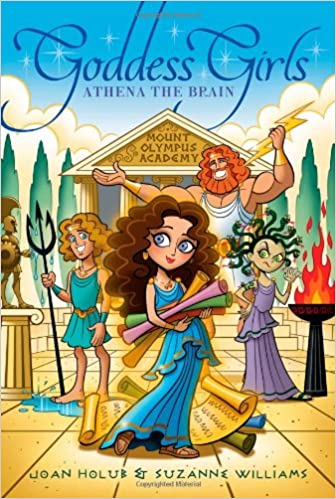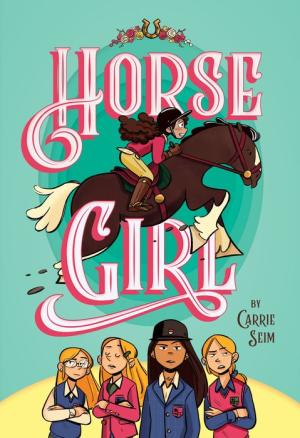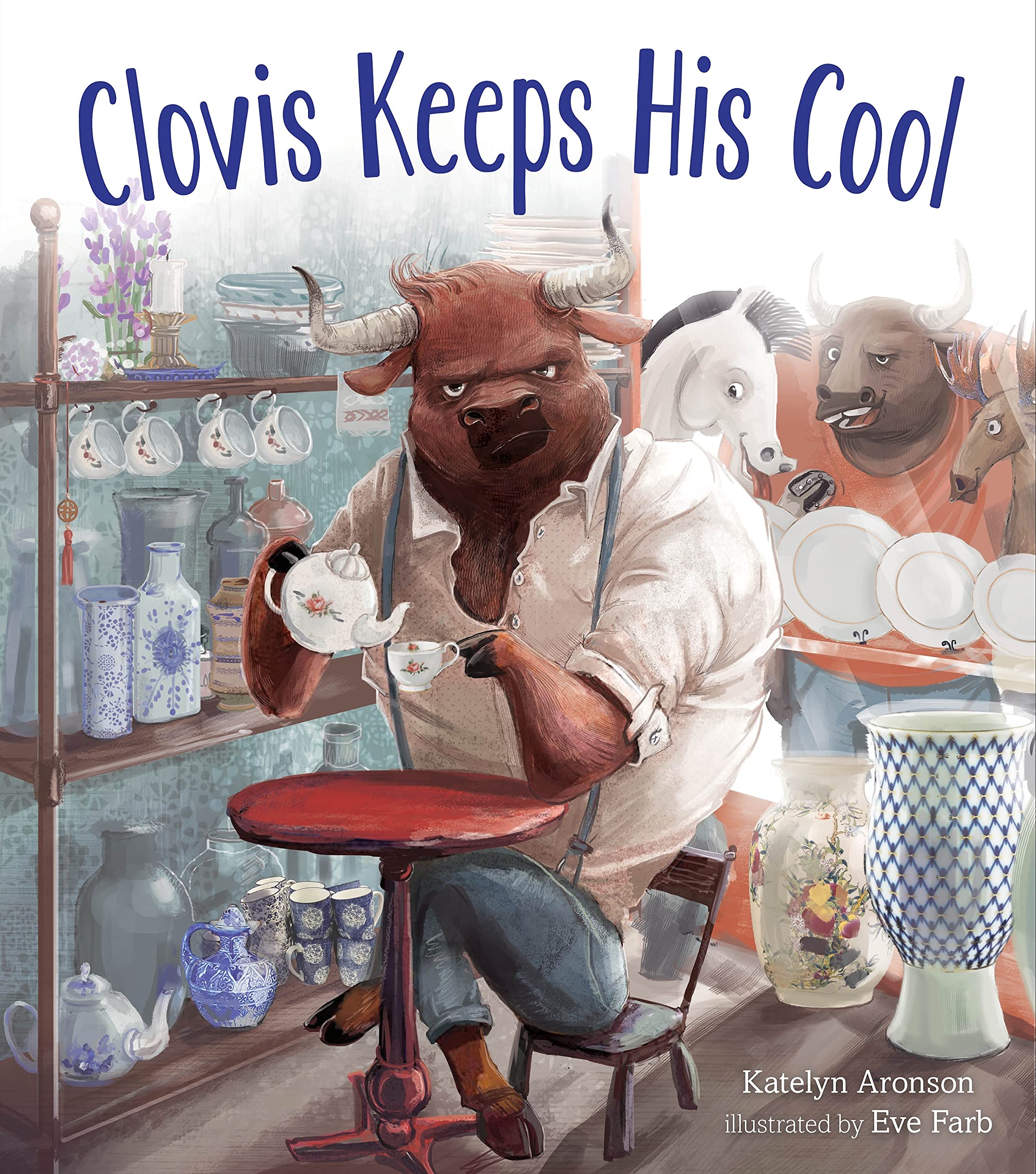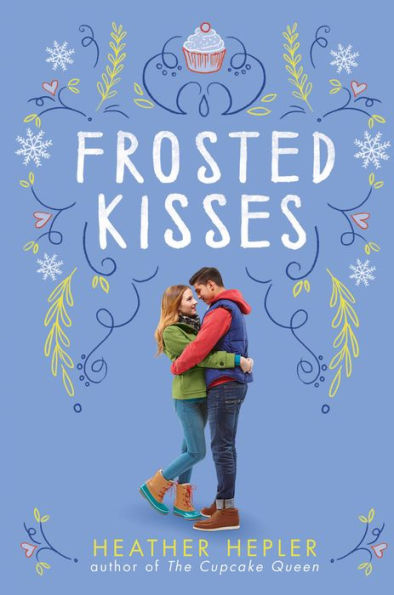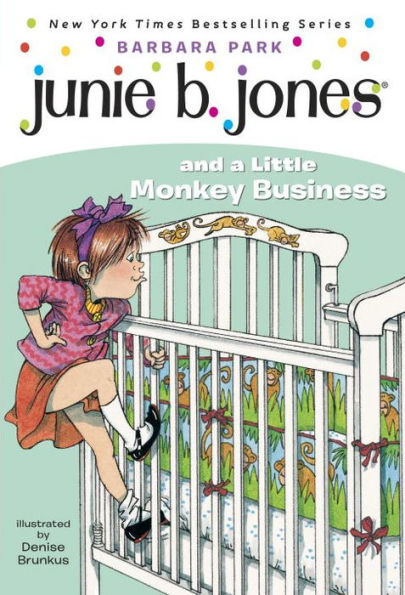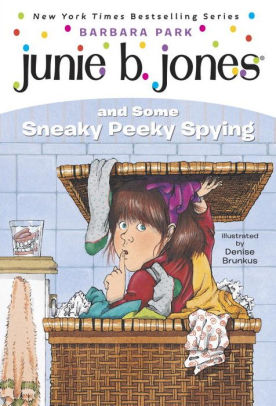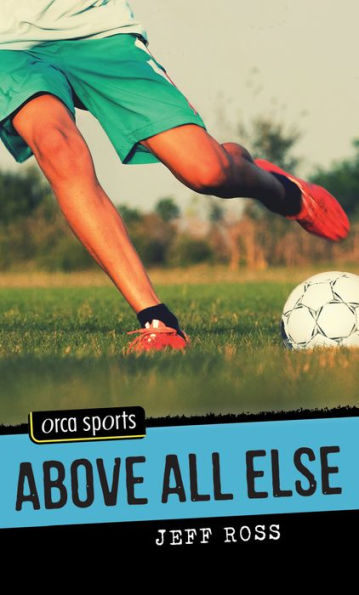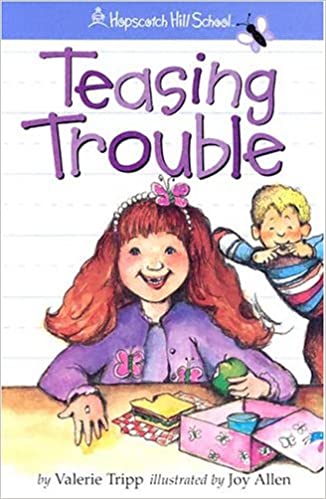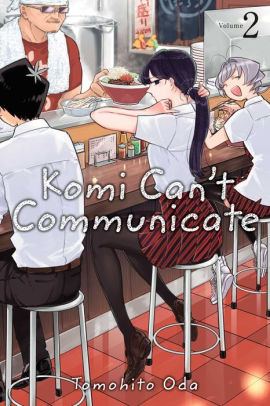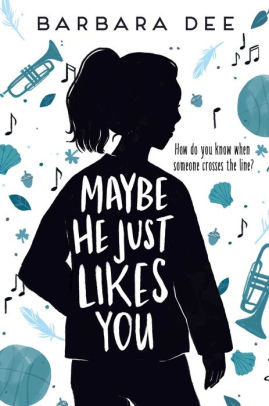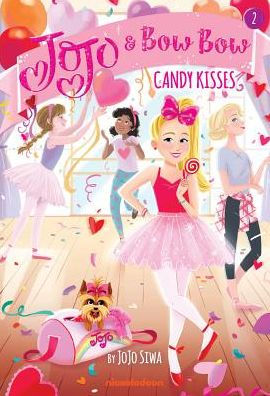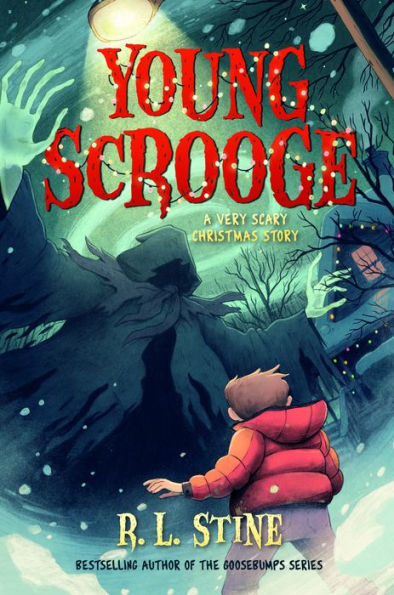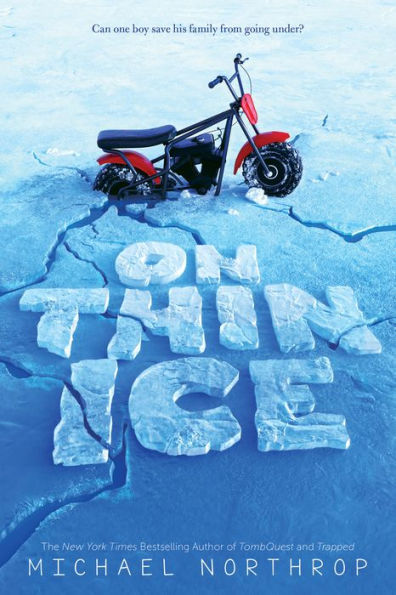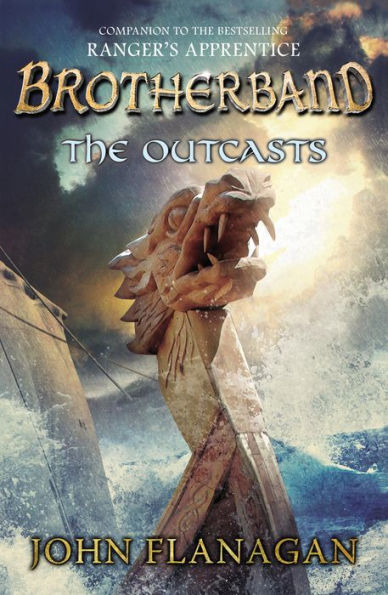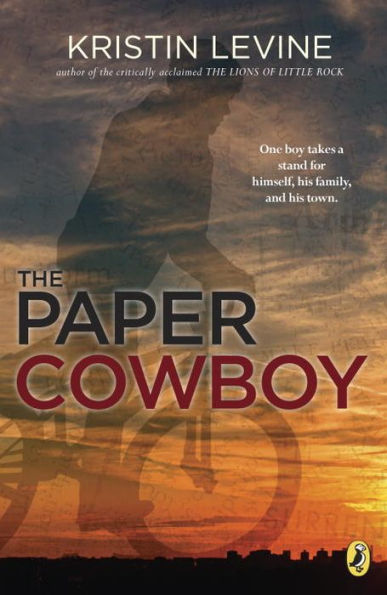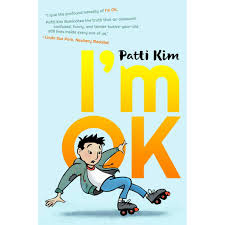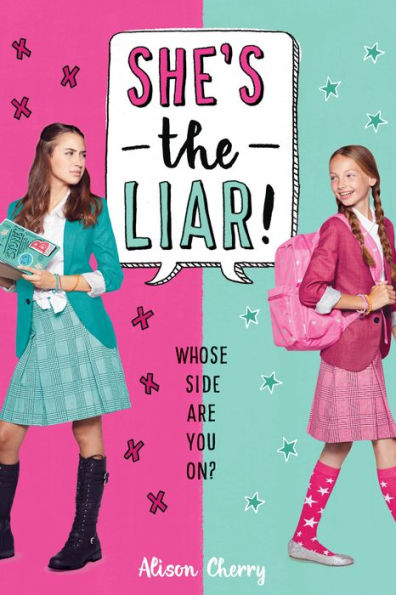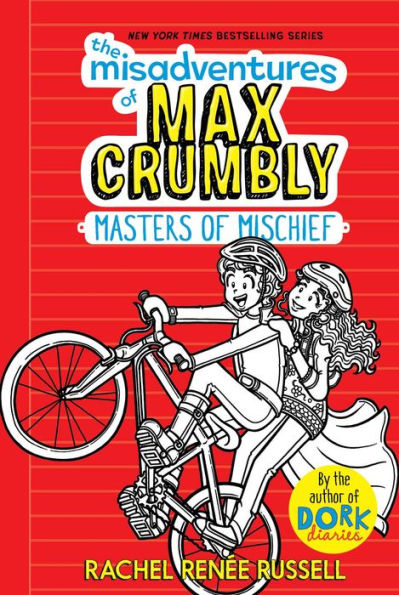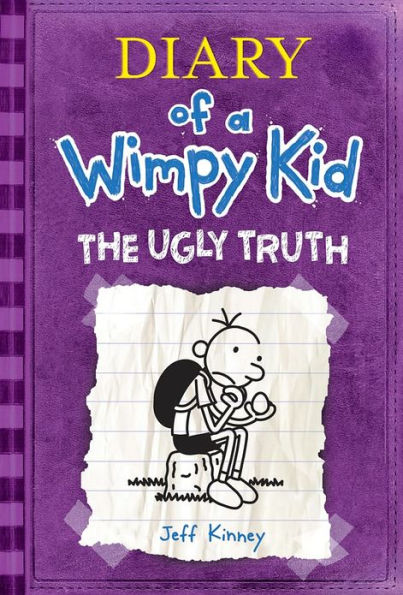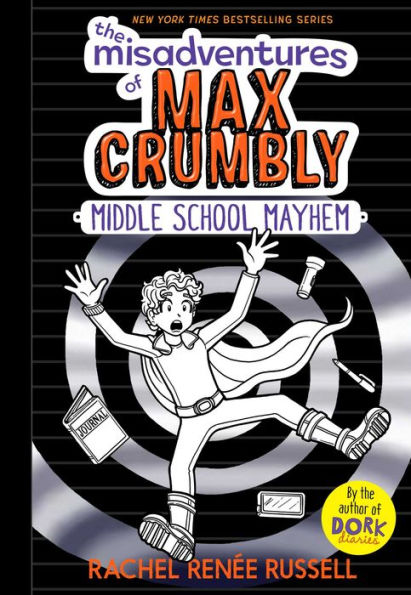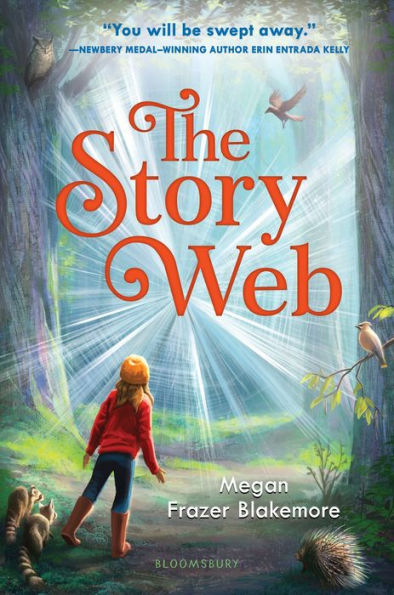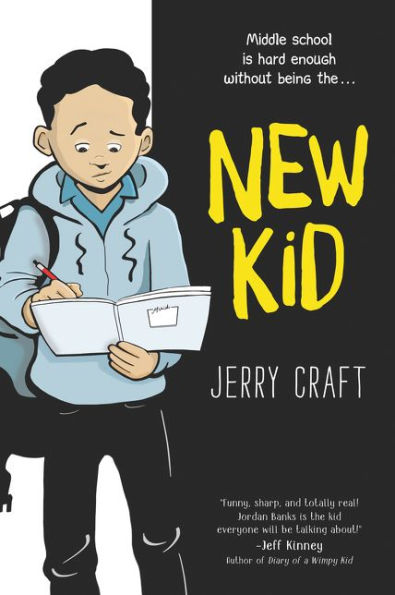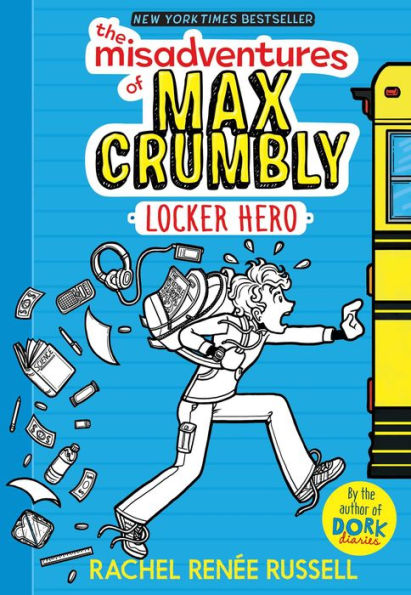Athena has always been above average. She’s never quite fit in at Triton Junior High, but who would’ve guessed that Athena is actually a goddess? Principal Zeus’s daughter, to be exact. When she’s summoned to Mount Olympus Academy, Athena thinks she might actually fit in for the first time in her life. But in some ways, school on Mount Olympus is not that different from down on earth. It doesn’t help that Althea is going to have to deal with the baddest mean girl in history—Medusa!
In the Goddess Girls Series, readers will follow the ins and outs of divine social life at Mount Olympus Academy, where the most privileged godboys and goddessgirls in the Greek pantheon hone their mythical skills including “manipulation, disasters, and quick saves.”
The students at Mount Olympus Academy act like typical junior high students, but they have powers that add drama to the story. As part of her course work, Athena must create a quest for Odysseus. This allows the book to explore the story of Helen, who ran away with Paris and started the Trojan War. However, the rules between the human world and Olympus are unclear to Athena. For example, because Athena just learned that she was a goddess, she accidently makes mistakes, such as falling asleep and dropping Odysseus in the sea where he almost drowns. While none of the events are particularly believable, young readers will enjoy learning about Mount Olympus Academy and the Greek gods. However, in order to create more drama and conflict, the story doesn’t always stick to the facts from the original Greek myths.
Athena and the other students also have a contest to see who can make the best inventions. Most of the inventions are silly, such as Lucky-in-Love Lip Balm that makes everyone fall in love with the wearer. When Poseidon wins the contest, he gets to determine his award. He says, “First off, I’d like mortals to name a chewing gum after my trident, so no one will ever call it a pitchfork again. And I’d like to be Earth’s official water park designer.” The book’s humorous tone will appeal to many readers.
The quickly changing topics, the large cast of characters, and the reference to the Odyssey and the Trojan War may be confusing for some readers. However, Athena the Brain is full of silly events, crushes, and new friendships. While the story has no educational value and teaches no life lessons, young readers will quickly be caught up in the school’s drama. Athena’s bully, Medusa, is a predictable villain that readers will love to hate. While the conclusion is a bit predictable, readers will be happy to see the mean girl Medusa meet her downfall.
If you’re looking for a fun series that will engage young readers, the Goddess Girls Series hits the mark. With 28 books in the series, it will keep readers entertained for a long time. Athena the Brain is perfect for readers who are ready to leave illustrated chapter books behind, but not yet ready to jump into the Percy Jackson Series. If you love stories that revolve around mythology, you should also read the Thunder Girls Series by Joan Holub & Suzanne Williams.
Sexual Content
- Aphrodite encourages Athena to try out for the cheer squad because “you’ll get to hang out with the cutest guys on the team.” Athena teases Aphrodite, saying, “You’ve got a one-track mind.”
- Aphrodite thinks Poseidon is crushing on Athena. Aphrodite says, “Poseidon’s probably never come across a girl who didn’t fall for him right away. That’s why he’s trying so hard with you. You’re a challenge.”
- The events of the Trojan War are discussed. The characters talk about Helen falling in love with Paris and leaving her husband.
Violence
- Poseidon tricks Medusa into looking into a mirror and she turns into stone.
Drugs and Alcohol
- None
Language
- Pheme, one of the students, asks Athena about her father, Zeus. Pheme asks, “So you think he’s kind of nutty? Then you think he’s a blowhard.”
- Some of the students make fun of Athena because her mom is a fly. “Making buzzing noises, the triplets whipped out flyswatters they’d tucked in their belts. . . Waving the swatters in choreographed moves, the girls launched into a little skit.”
Supernatural
- Most of the book takes place on Olympus, where the Greek gods live. They follow many of the Greek gods’ lives including Zeus, Poseidon, Athena, Aphrodite, Medusa, etc. Some examples are explained below.
- Aphrodite was “born from sea foam.”
- Athena’s mom is a fly “as in a hairy-legged, two-winged, compound-eyes insect of the order Diptera.” The fly lives in Zeus’ head, so he can relay messages from the fly to Athena.
- Athena sketches inventions that come to life on earth. Artemis explains, “You should never make sketches without bespelling them to stay put on the page first.”
- As part of a class project, the students design a quest for someone on Earth. Athena chooses Odysseus. Everything Athena does has “an effect on mortals.” For example, Odysseus almost drowns when Athena falls asleep and drops him into water.
- Athena makes a special shampoo, Snarkypoo. “After someone uses it, any snarky words they think of turn to stone in their brain before they can be spoken. I invented it with Medusa in mind.” Later she discovers that she misspelled “the name as Snakeypoo, it turned hair into snakes.”
Spiritual Content
- None
